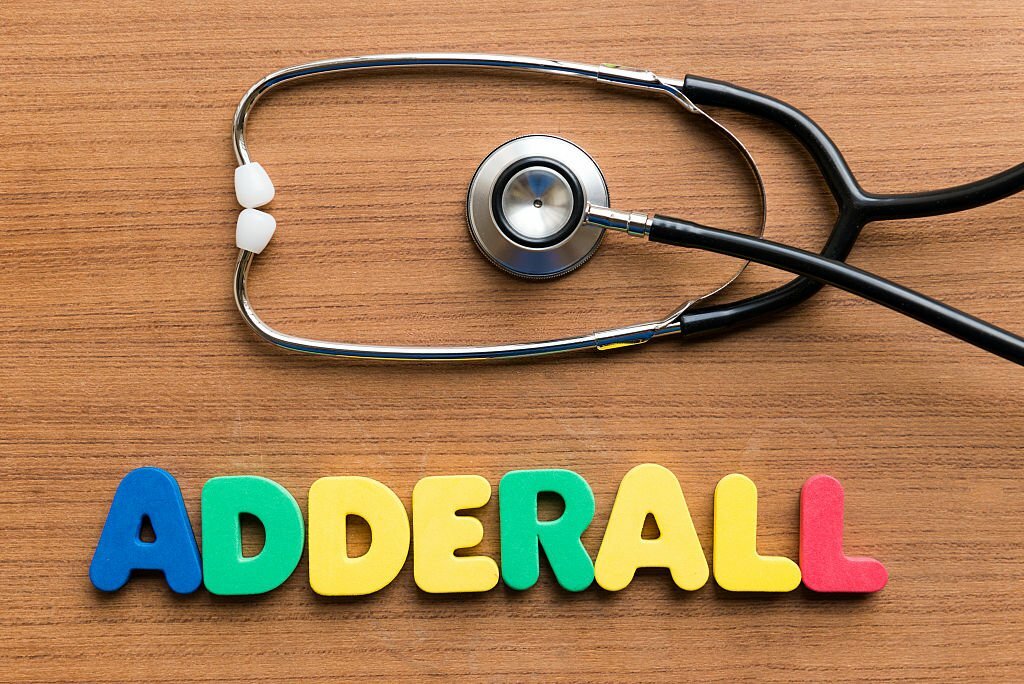An in-depth exploration of treatment programs involving Adderall, their impact on health improvement, and their contribution to success in individuals.
Introduction To Programs For Treating ADHD With Adderall
Programs for treating ADHD with Adderall often provide assistance after the treatment period. They offer guidance for transitioning into personal life by equipping individuals with tools and strategies for sustained achievements. If you want to learn more about Adderall treatment programs, you can explore this link.
Addressing Attention Deficit Hyperactivity Disorder (ADHD)
Attention Deficit Hyperactivity Disorder (ADHD) continues to be a condition affecting people across different age groups. Its primary symptoms involve difficulties in maintaining focus impulsive behavior and hyperactivity which can significantly impact professional and personal aspects of life.
The Role Of Adderall In Managing ADHD
Adderall a stimulant that affects the system has become a fundamental element in managing symptoms associated with ADHD.
Comprised of amphetamine and dextroamphetamine Adderall acts on neurotransmitters such, as dopamine and norepinephrine to increase their levels within the brain.

This mechanism aids in enhancing focus, attention span, and impulse control while alleviating symptoms related to ADHD.
The Importance Of Structured Treatment Programs
Recognizing the complexities of ADHD structured treatment programs centered around Adderall have been developed. These programs adopt an approach aimed at providing tailored solutions to manage symptoms effectively while supporting progress and overall well-being.
Goals Of Adderall Treatment Programs
The objectives of treatment programs go beyond addressing symptoms: they aim to empower individuals. These programs strive to provide individuals, with strategies improved skills, and enhanced concentration abilities. By doing they aim to support success and enhance the overall quality of life.
Components Of Adderall Treatment Programs
Initial Evaluation And Diagnosis
Adderall treatment programs begin with an evaluation and diagnosis phase. This includes assessments, psychological evaluations, and discussions to determine the appropriateness and necessity of using Adderall as part of the intervention.
Individualized Treatment Plans
After the assessment personalized treatment plans are developed that take into account each individual’s needs, ADHD symptoms, and medical history as their academic or professional goals. These tailored interventions aim to address challenges
Management Of Medication
An aspect of these programs involves monitoring the dosage and effectiveness of Adderall medication. Adjustments in dosage or even considering medications may be made based on an individual’s response and any potential side effects.
Incorporation Of Behavioral Therapies
Therapies are integrated into these programs alongside medication management. These therapies focus on building skills improving control-enhancing abilities and developing social skills that help manage ADHD symptoms more effectively.

Counseling And Education About ADHD
Counseling sessions and education about ADHD play a role, in treatment programs. These elements help individuals better understand their condition while providing guidance on managing it
They offer guidance coping techniques and emotional support to help individuals, families, and educators understand and handle challenges associated with ADHD.
Achieving Success And Beyond In Adderall Treatment Programs
Enhancing Academic Performance
The primary objective of treatment programs is to enhance academic success by improving attention, focus, and organizational skills. These interventions help individuals reach milestones effectively manage coursework and improve performance.
Focus And Concentration
A key aim is to improve focus and concentration so that individuals can actively engage in tasks. This includes staying organized and sustaining attention during lectures, study sessions, and exams.
Effective Time Management Skills
These programs place emphasis on developing time management skills. Individuals are equipped with strategies, for prioritizing tasks meeting deadlines efficiently, and structuring study routines to optimize their productivity.
Education Strategies And Support
We focus on tailoring strategies to meet the needs of individuals. This involves working with educators to implement measures, in academic settings. We provide resources, accommodations, or modified teaching methods as necessary.
Transitioning After Treatment
Preparing individuals for life after treatment is extremely important. Our programs offer guidance and support as they transition back to professional environments. We help them apply the skills and strategies they have learned during treatment beyond the duration of their care.
Strategies For Long-Term Academic Success
Equipping individuals with long-term strategies is an aspect of our approach. We help them utilize the tools and techniques they have acquired during treatment to sustain success. Effectively manage ADHD symptoms in both academic and professional settings.

Personal Growth And Skill Development
Our Adderall treatment programs go beyond academics. They also focus on growth by helping individuals develop life skills, resilience, and self-confidence. These qualities support them in overcoming challenges not in academics but in other areas of their lives.
Ongoing Support For Success
We place emphasis on providing support even after treatment ends. Our programs offer resources, guidance, and follow-up to ensure that individuals maintain their achievements and experience success both, in their studies and daily lives.
In Conclusion
treatment programs involving Adderall aim to provide support, for individuals with Attention Deficit Hyperactivity Disorder.
These programs take into account aspects including assessments, at the beginning personalized treatment plans, management of medication behavioral therapies, and educational interventions specifically designed for environments. The goal is to address the challenges of ADHD while promoting well-being and success in education.




